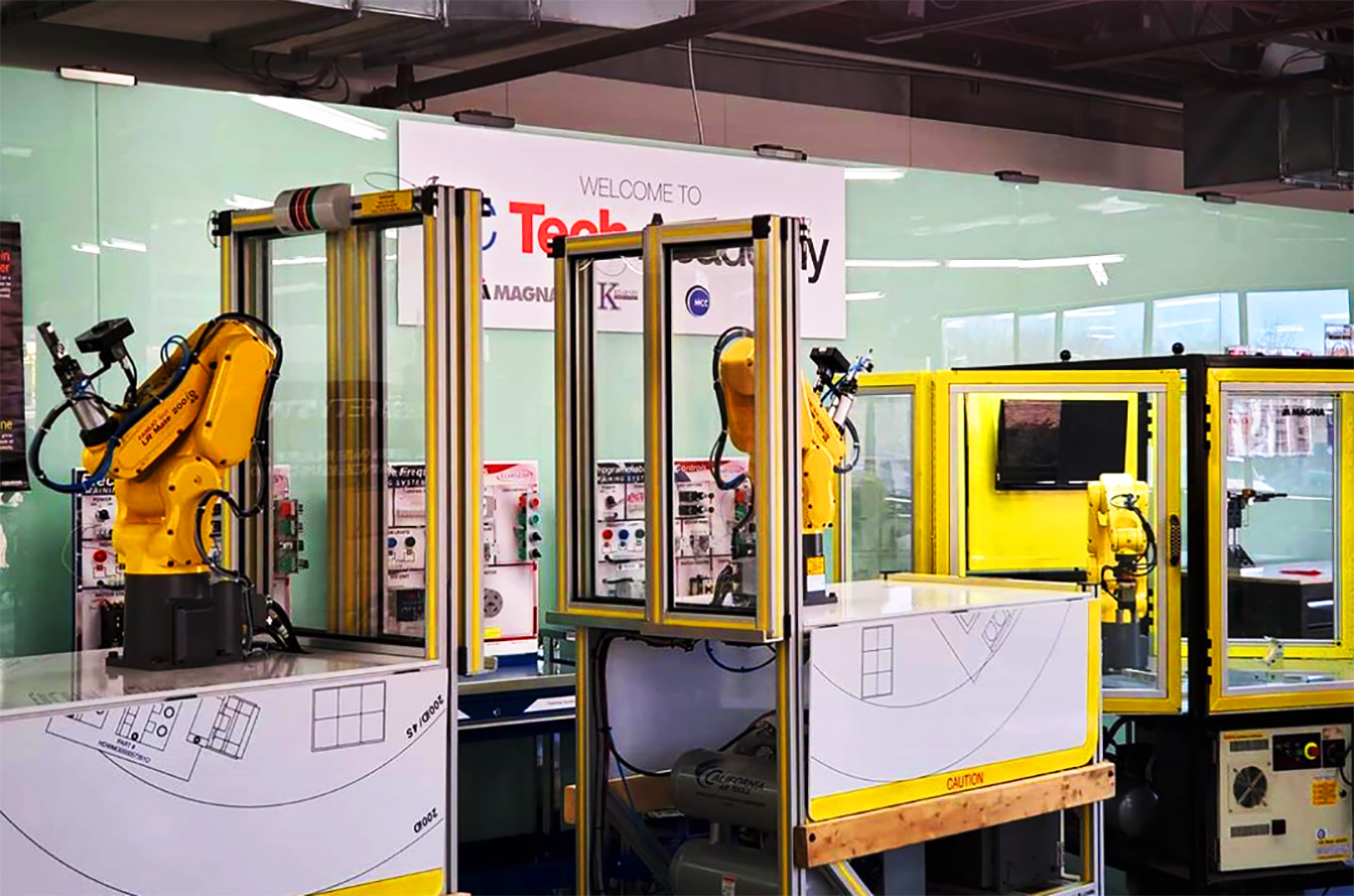Editor’s note: The Ewing Marion Kauffman Foundation is a financial sponsor of Startland News. This report was produced independently by Startland News’ nonprofit newsroom.
Opportunity to jump into the tech workforce isn’t capped at age 18, said Jeff Barratt — nor does it require a two- or four-year degree.
And the careers are waiting, added Barratt, CEO of the Skilled KC Technical Institute, a newly launched private, non-profit 501 (C)(3) affiliate of the Ewing Marion Kauffman Foundation.
“We are looking primarily at the adult populations and overlooked groups of individuals in the age range of about 25 to 45,” he said, noting the program aims to graduate participants debt-free. “Giving these students more affordable access and intentional learning will leave them with more opportunity.”
The “nimble and agile” pilots are expected to first focus on advanced manufacturing, software development, and biotechnology — areas where Skilled KC strives to help students become “employable, effective, and entrepreneurial.”
Click here to learn more about Skilled KC’s offerings.
“After talking to employers across the state, it was made clear to me that the current talent supply chain is not meeting the demand,” said Barratt, former executive director of the award-winning Emily Griffith Technical College and current entrepreneur-in-residence at the Kauffman Foundation. “Our programs will benefit both the student and the employer.”
More than 3,000 tech jobs remain open across the metro, the KC Tech Council reported in June.
Skilled KC is expected to enroll students across a six-county region of Kansas and Missouri, with goals to post:
- an enrollment rate of at least 40 percent students from under-represented populations;
- a completion/graduation rate of 85 percent; and
- a placement rate of 80 percent (in well-paying entry-level jobs).
“This is about taking someone who is making $18,000 a year to closer to $36,000 or $37,000,” Barratt said. “It’s a real linear approach.”
The program plans to expand its reach through collaboration with more traditional entities, he added.
“We will employ what I call a ‘campus-within-a-campus’ (CWAC) model where Skilled KC will partner with the private sector and postsecondary institutions to offer training in a pop-up delivery concept to reduce costs by not investing in huge bricks-and-mortar capital projects,” he explained, noting Skilled KC still plans to build a physical hub location in 2021.
A software development pilot program is set to launch Sept. 8, followed by advanced manufacturing Sept. 28. Originally planned as 6-month, in-person sessions, Skilled KC pivoted to virtual in light of the ongoing COVID-19 pandemic.
“Due to the nature of software development, that one was easy to move online,” said Barratt, noting a plan to stream lectures with “heavy synchronism” to help keep engagement high. “We will be providing digital literacy training and providing the technology needed by the student to ensure that their learning experience virtually is a success.”
Going virtual for advanced manufacturing and biotechnology will prove more of a challenge, he said.
“There is only so much you can do online,” Barratt explained. “Labs will be in person and online for advanced manufacturing. … And we will be doing as much as we can virtually to keep our students safe.”
Timing for the biotechnology pilot remains in the air as COVID-19 concerns persist, he said, but the Skilled KC is working to finalize a launch date.
Click here to learn more about becoming a Skilled KC student.






































